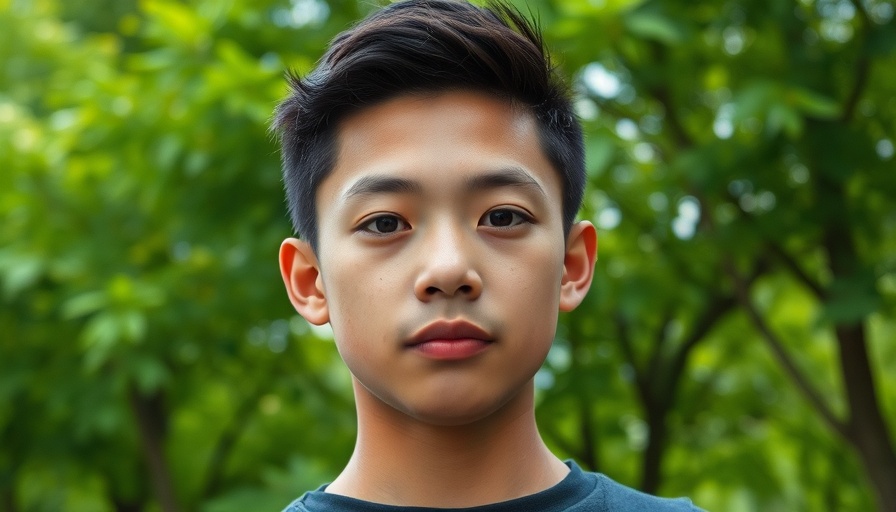
Why Brushing Baby Teeth is Crucial for Lifelong Oral Health
Teaching children proper oral hygiene from an early age is vital for their long-term health. Many parents may not realize that even before their baby’s first tooth emerges, they should begin caring for their baby's mouth. Brushing baby teeth is an essential practice that forms the foundation for a lifetime of healthy dental habits.
In 'you need to brush your baby teeth! #shorts', the discussion dives into the critical practice of dental care for infants, exploring key insights that sparked deeper analysis on our end.
Understanding the Importance of Dental Hygiene Early
Starting to brush baby teeth even before they are fully emerged can help instill good habits. Baby teeth, or primary teeth, serve several critical roles: they allow children to chew effectively, aid in clear pronunciation, and act as placeholders for permanent teeth. Neglecting oral hygiene can lead to cavities and decay, which, if left untreated, could cause discomfort and even impact the alignment of permanent teeth.
How to Properly Brush Baby Teeth: Techniques That Work
When it comes to brushing baby teeth, parents should use a soft-bristled toothbrush specifically designed for infants along with a small smear of fluoride toothpaste. For babies under three years old, a rice-sized amount of toothpaste is generally recommended, while children aged three to six can use a pea-sized amount. Establishing a routine where parents brush their child’s teeth twice a day lays the groundwork for effective oral hygiene.
Common Myths About Baby Teeth and Brushing
Many parents mistakenly believe that baby teeth do not require as much care since they will eventually fall out. This misconception can lead to neglecting their child’s oral hygiene. However, cavities in baby teeth can lead to pain and infection, potentially affecting the child’s overall health and development. Parents must understand that caring for baby teeth is essential—after all, healthy habits formed early on contribute to healthier adult teeth.
The Role of Parents in Child Dental Health
Should you ever forget to brush one night, it's critical to reassure your child that it's okay, but try to emphasize that brushing is important. Integrating fun techniques, such as brushing to music or with exciting toothbrushes, can enhance the experience. Parents should also model good dental care, brushing their own teeth alongside their children.
When Is It Time to Visit the Dentist?
According to pediatric dental guidelines, a child should see a dentist by their first birthday or within six months of the eruption of their first tooth. Early dental visits can provide parents with expert guidance on proper care techniques and help the child become comfortable with dental environments.
Encouraging a Positive Attitude Toward Oral Hygiene
Fostering a positive relationship with oral health from an early age can mitigate future dental anxiety. Introduce your child to dental care by discussing the importance of taking care of their teeth in a positive light, reinforcing that brushing is a fun and essential activity. Children who learn to appreciate oral hygiene are more likely to continue good practices as they grow.
Final Thoughts on Baby Dental Care
Brushing your baby’s teeth is not just a routine; it’s an important measure in preserving their oral health. As parents, taking the time to educate and practice proper dental hygiene for your child is invaluable. Remember, healthy smiles start with baby teeth, and establishing good habits early helps ensure a lifetime of bright, healthy smiles.
 Add Row
Add Row  Add
Add 




Write A Comment